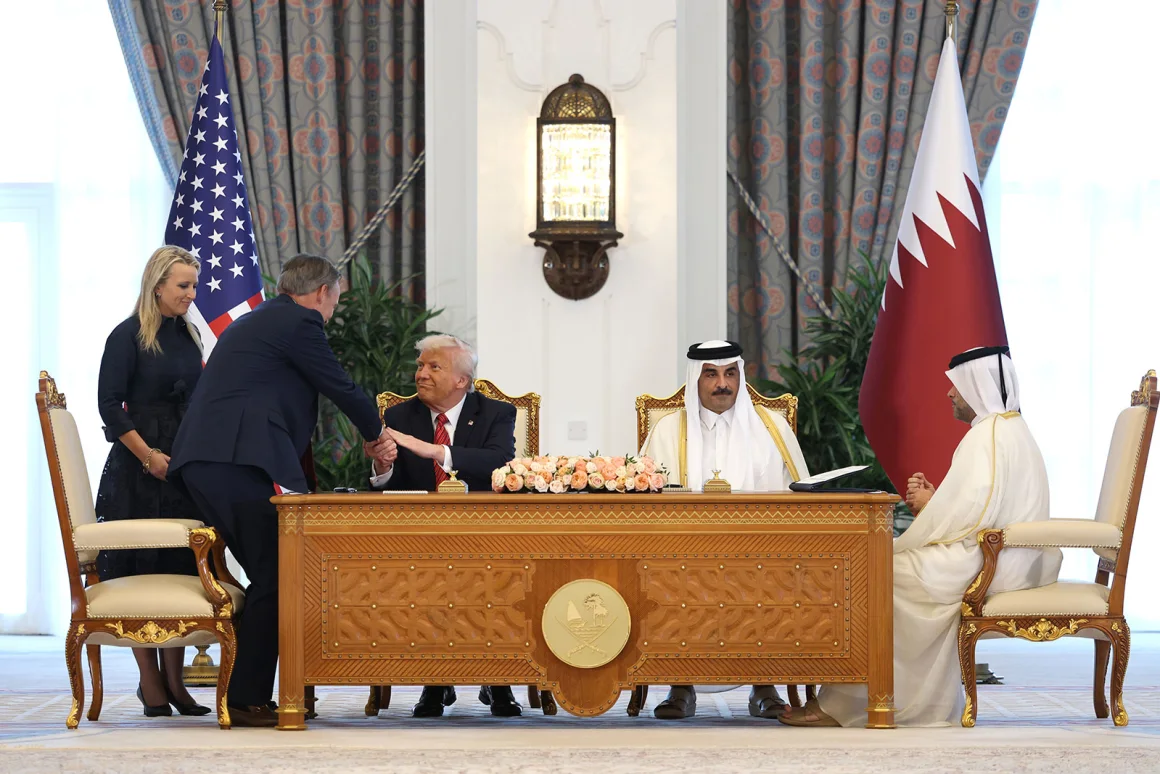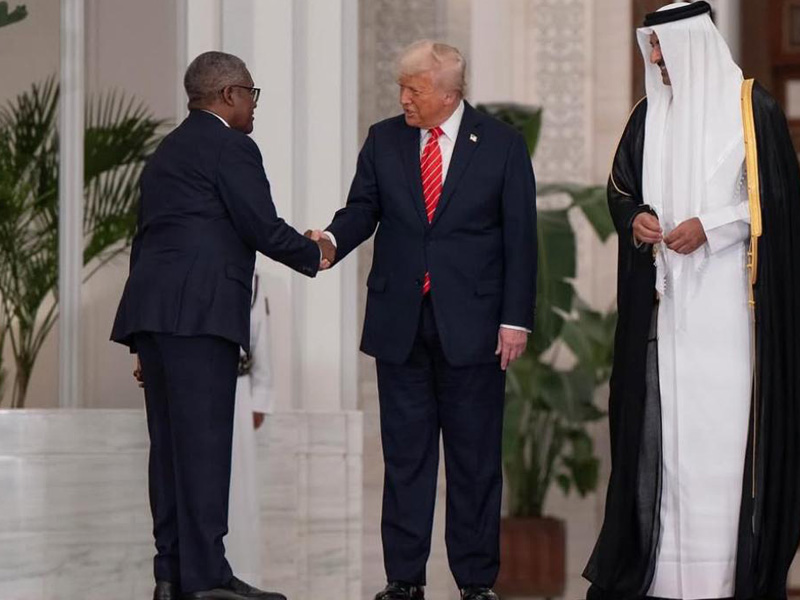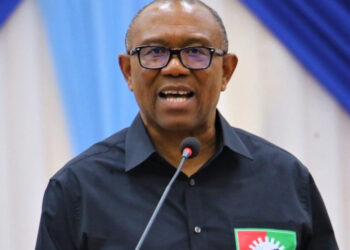The NMDPRA has hosted a forum to align legal frameworks with downstream sector realities, ease business, and boost investor trust
The Nigerian Midstream and Downstream Petroleum Regulatory Authority (NMDPRA) has moved to strengthen its regulatory function, stressing that the industry requires a unified compliance culture rooted in robust and enabling legal framework, transparency, accountability, and shared responsibility.
Speaking in Abuja at the opening of a two-day General Counsel and Legal Advisers Forum for Midstream and Downstream Companies, the Authority Chief Executive (ACE), Farouk Ahmed, noted that the role of legal practitioners remains critical across the mainstream and downstream energy business value chain.
Ahmed stated that they help in the promotion of optimal regulatory compliance to all set rules and standards of operations in the sector’s complex operational and volatile market environments, hence the need for the engagement.
The forum is a flagship industry engagement initiative of the NMDPRA designed to engage directly with chief legal officers, general counsel, and in-house legal teams of licensed operators.
It serves as a strategic platform for regulatory dialogue, policy clarification, and collaborative problem-solving between the Authority and the legal leadership responsible for ensuring compliance and guiding operational decisions within midstream and downstream petroleum businesses.
Ahmed, who was represented by the Executive Director of Distribution Systems, Storage and Retailing Infrastructure (DSSRI), Ogbugo Ukoha, stated that the meeting reflected the Authority’s commitment to fostering a culture where compliance is driven not just by enforcement, but by shared values, open dialogue, and proactive alignment between regulatory expectations and operational realities.
The NMDPRA chief executive noted that the Authority believes that sustained engagement at that level was vital for building trust, improving regulatory clarity, and reinforcing the legal foundations of a transparent, accountable, and investor-friendly petroleum Industry.
He added that the event was necessary as a result of the feedback received from stakeholders on the need to strengthen regulatory compliance through simplified and clearer regulations for the mainstream and downstream operations.
Ahmed stressed that the NMDPRA is implementing an inclusive stakeholder process of streamlined, legislated, and published regulations to mitigate the complexities of navigating and implementing numerous regulations and eliminating inconsistencies and repetitions across multiple regulations.
Besides, he stated that the forum seeks to streamline regulatory processes for ease of doing business as well as encourage investments in the midstream and downstream petroleum industry.
He urged the forum to critically review and make recommendations to enable the NMDPRA to improve the overall compliance of operators on the performance of the regulatory instruments, legal frameworks, and licenses in the midstream and downstream sector.
“When we issue regulatory instruments, we require effective compliance. It is compliance with external provisions of the law that allows continuity of operations and the grant or renewal of licenses. We enforce compliance to ensure that operations are concluded safely, the environment and consumers are protected, and fair play is observed in the industry.
“It is evident that effective compliance is a result of effective collaboration. Collaboration allows for the development of enforceable regulations, best industry practices, and synergy between the multiple stakeholders in the industry, including other regulatory agencies and international institutions.
“The NMDPRA has diligently upheld this collaborative approach in all its regulatory activities, and we are proud to assert that our regulatory provisions are very much inclusive, sustainable, and world-class,” Ahmed added.
Also speaking, the Deputy Speaker of the House of Representatives, Benjamin Kalu, emphasised that the Petroleum Industry Act (PIA), has fundamentally shaped Nigeria’s petroleum sector, underscoring how strategic legislation can serve as a potent catalyst for compliance, investment attraction, and oil sector growth.
“Two years post-enactment, the impact of the PIA is undeniable. We have witnessed an astonishing $16 billion investment commitments. These are not just numbers.
“They represent jobs, infrastructure, and a renewed sense of purpose for our nation’s most vital economic engine. At this point, the PIA 2021 has established a robust legal framework that has dramatically enhanced regulatory compliance across Nigeria’s petroleum sector. Before the PIA, we operated under a fragmented regulatory structure, a cycle of overlapping mandates that hindered efficiency and accountability.
“Perhaps the most compelling testament to the PIA’s success is its remarkable ability to attract substantial foreign and domestic investment. The legislation has cultivated a far more favourable investment climate through a combination of crucial fiscal, incentive, and unprecedented regulatory fidelity.
“As we all know, according to data, Nigeria earned over N50 trillion in revenue from crude oil and gas exports in 2024 and is projected to earn more at the end of 2025. And critically, our oil production in December 2024 reached 1.6 million barrels per year.
“It is with immense pride that I can state that Nigeria emerged as a leading destination for oil and gas investment in Africa in 2024, accounting for three out of four final investment decisions announced by the global oil and gas measures. This is not by chance. It is a direct consequence of the PIA that was meticulously crafted and that is also investor-friendly,” Kalu added.
Represented by the Chairman, House Committee on Downstream Petroleum Sector, Ikenga Ugochinyere, Kalu noted that the investments were made possible by the reduced tax burden, fiscal incentive, and regulatory certainty.
“This inflow of capital is a vote of confidence in Nigeria’s petroleum sector. Beyond the enactment of the PIA, the National Assembly has played, and continues to play, a crucial role in strengthening the post-PIA petroleum landscape,” Kalu said.

















